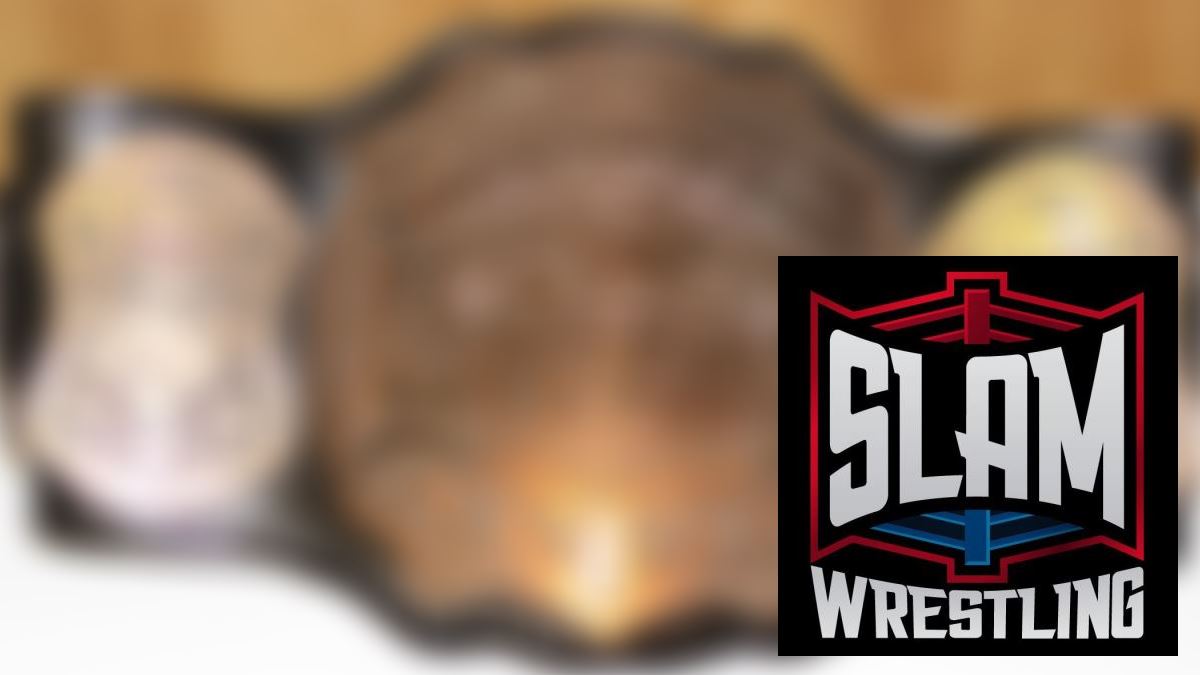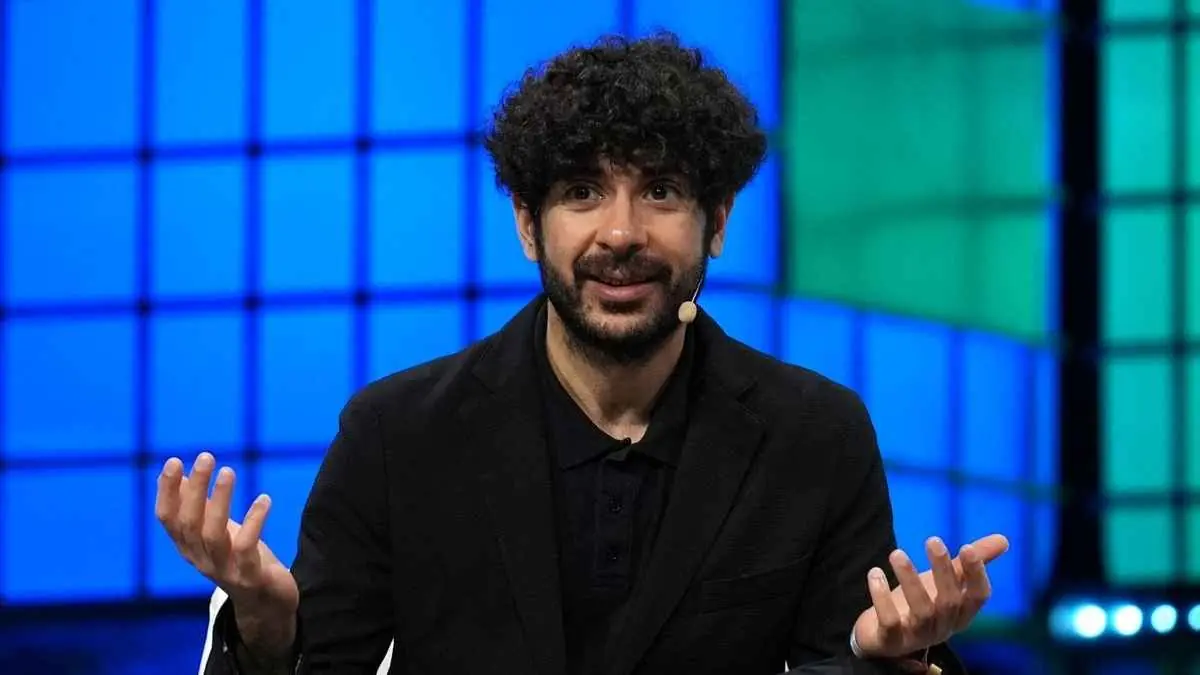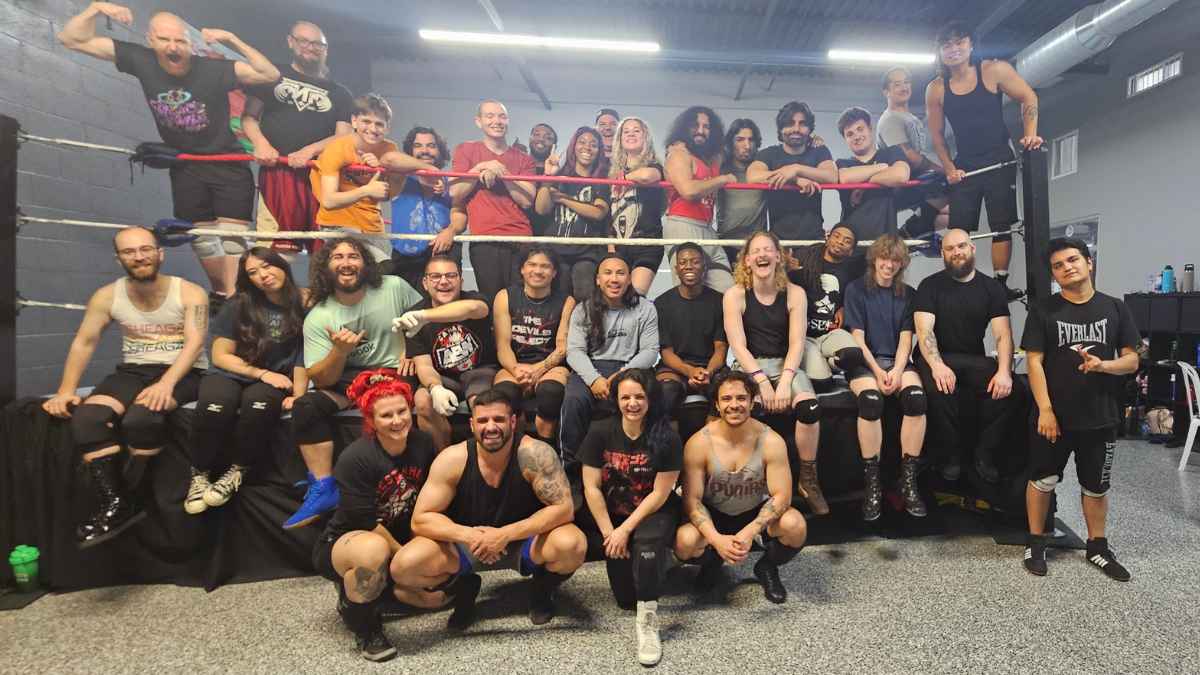To many longtime wrestling fans, the letters N W A may just be the three most sacred in the alphabet. Formed in 1948, the National Wrestling Alliance was the most powerful and respected governing body in pro wrestling. Some of the biggest and most influential wrestling territories worked together under the N.W.A. banner before the alliance died, for all intents and purposes, in 1988 with the Ted Turner buyout of Jim Crockett Promotions.
Today, the N.W.A. is a pale imitation of its former self. With its 24 members seemingly always at odds, the NWA has the perception of being minor league. It’s an image that current NWA president Howard Brody wants to change.
“I think the biggest thing to overcome is the perception that the NWA is independent,” Brody told SLAM! Wrestling recently. “The perception of what we are to the fans has to change. The only way of doing that is having people on the same page.”

That may be difficult. Not unlike the NWA of old, a number of member promoters don’t get along and have animosity toward each other. The key difference is how they’re handling it.
“In the old days, the NWA members who hated each other, they kept quiet about it,” said Dave Meltzer, editor of the Wrestling Observer Newsletter. “They just shut up about it. Now you’ve got these guys arguing in public.”
The lack of co-operation is a serious road block for the NWA. With each promoter having their own agenda and idea of how the alliance should be run, it makes for some serious headaches for Brody.
Despite the public bickering, Brody still believes in the concept of the NWA.
“The difference with what we’re trying to do is, we’re not as powerful and by no means are we saying we’re as strong as the old alliance used to be and I think for 24 guys who run their own promotions in different areas, to even attempt what we do is phenomenal in this day and age.”
Brody feels that fostering the small seeds of co-operation into a strong, unbreakable bond of mutual trust is essential to the growth and survival of the NWA.
“We’ve had some of our members work together and we have some members who legitimately don’t get along,” admitted Brody. “I seriously doubt you will find every NFL owner loving every other owner.”
But co-operation is just one problem. There’s also the problem with the name. Perhaps more than anything else, this organization finds itself struggling because fans have a hard time buying its legitimacy. For many fans, the NWA was a dead organization, resurrected by a few promoters who couldn’t leave well enough alone.
“It’s using that sacred name, so a lot of older fans have heat with it,” said Meltzer.
The foreboding shadows of the old NWA continue to haunt the present incarnation. Undaunted, NWA President Howard Brody feels the NWA can address these serious issues. The key, he says, is exposure.
“Exposure is our biggest challenge right now. We need to combat that with regional TV coverage, use of the Internet and the sheets (underground wrestling newsletters).”
Referring to the word of mouth buzz created for the NWA, Brody said that “the WWF exposure (on RAW) last year was the best thing that ever happened for us. Brody said it introduced the organization to an entirely new audience and got a lot of fans talking about the NWA.
If exposure is the key problem, Brody said that the exposure of their product should come from their own TV shows. A handful of NWA promotions have regular TV shows. Brody’s goal is to produce a nationally syndicated program.
“We’re trying to get a national and international TV show that would feature the best wrestlers from around the NWA,” said Brody.
Brody feels the presence of a nationally syndicated show will help promote the growth of the NWA.
“We are currently negotiating with three different networks. I think if we can get one of these networks to jump on board with us, I think we will be a major player.”
Brody also believes signing new promotions to the alliance is equally important.
“We have three applicants on the hopper right now. We’ve had an application made from an organization in Hawaii, another from the area of Montana and Wyoming and another in Louisiana.”
Signing new promotions will go a long way to promoting the stability of the NWA. It also opens up new opportunities in untapped markets.
“The Montana and Wyoming area potentially could be a good market because we don’t have anybody up there.”
RELATED LINKS



